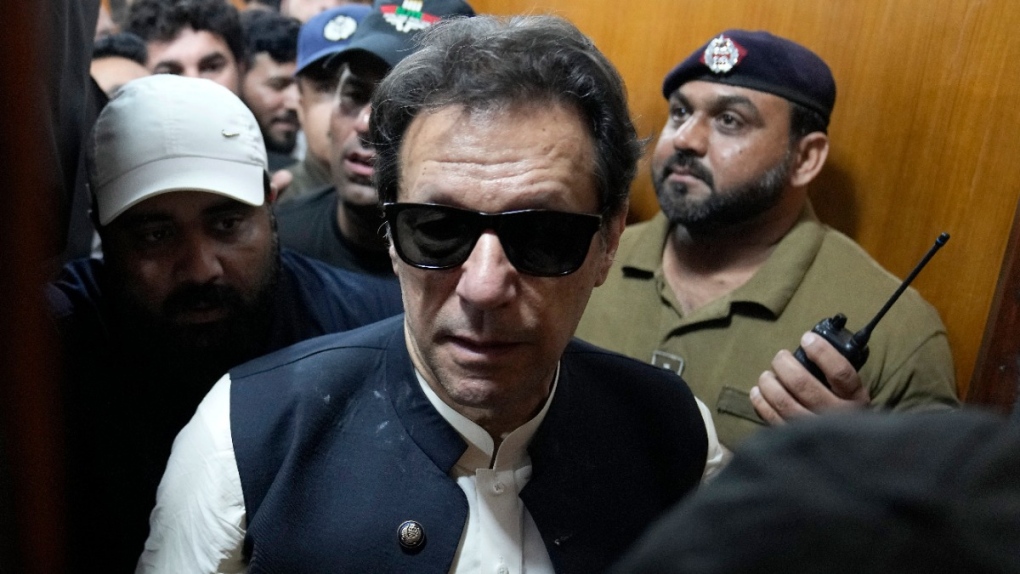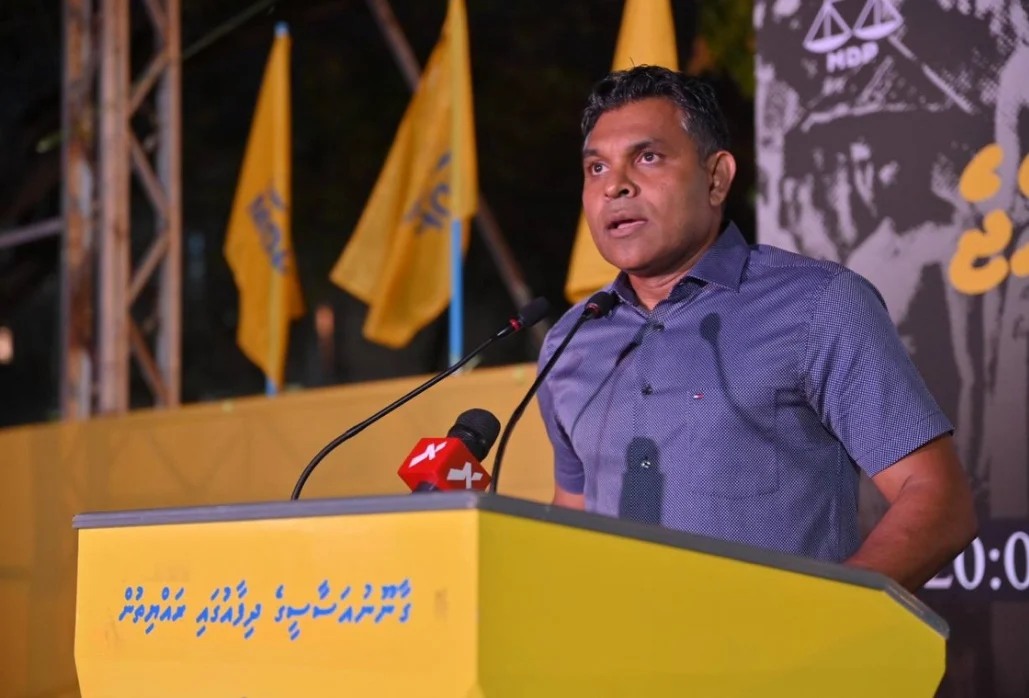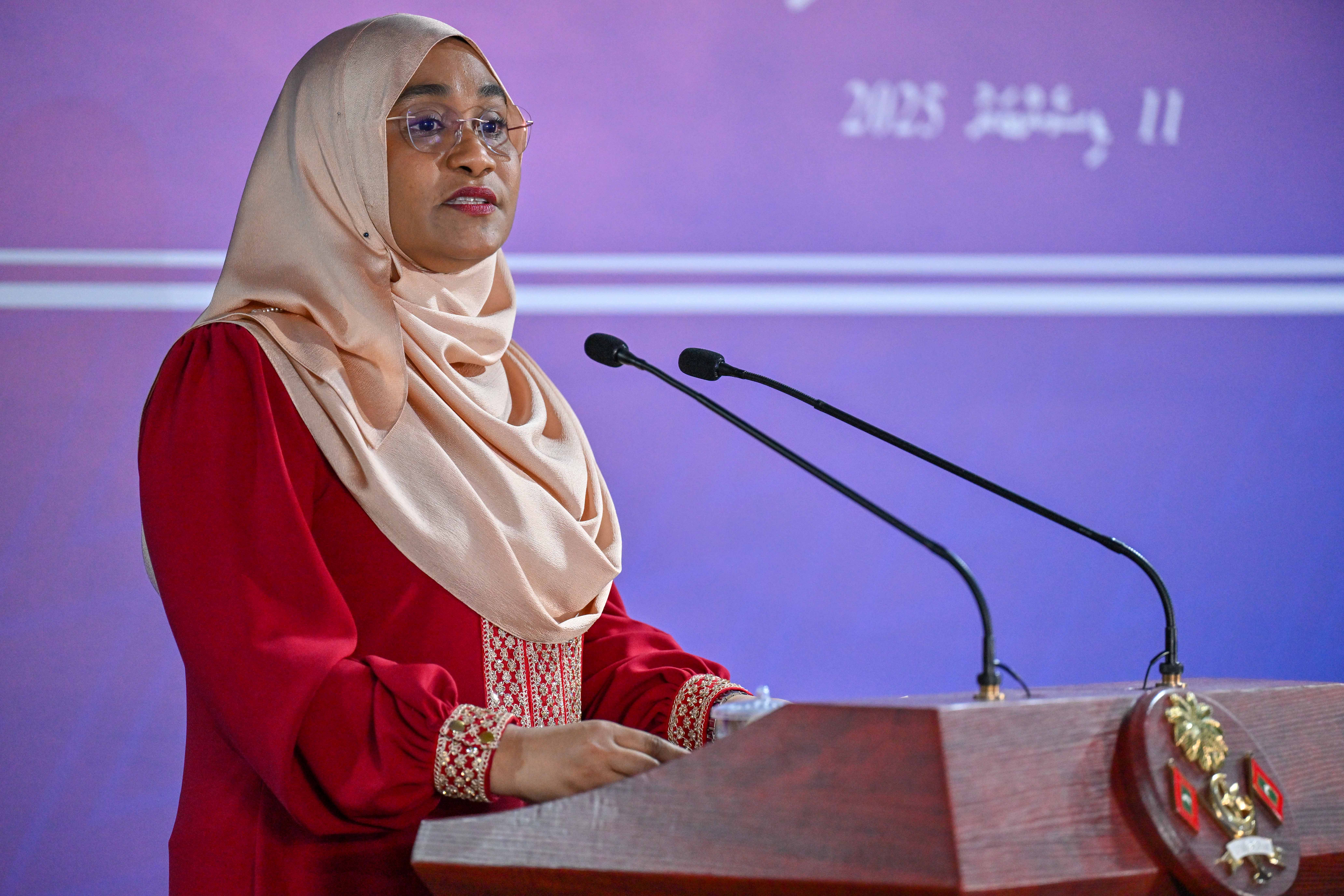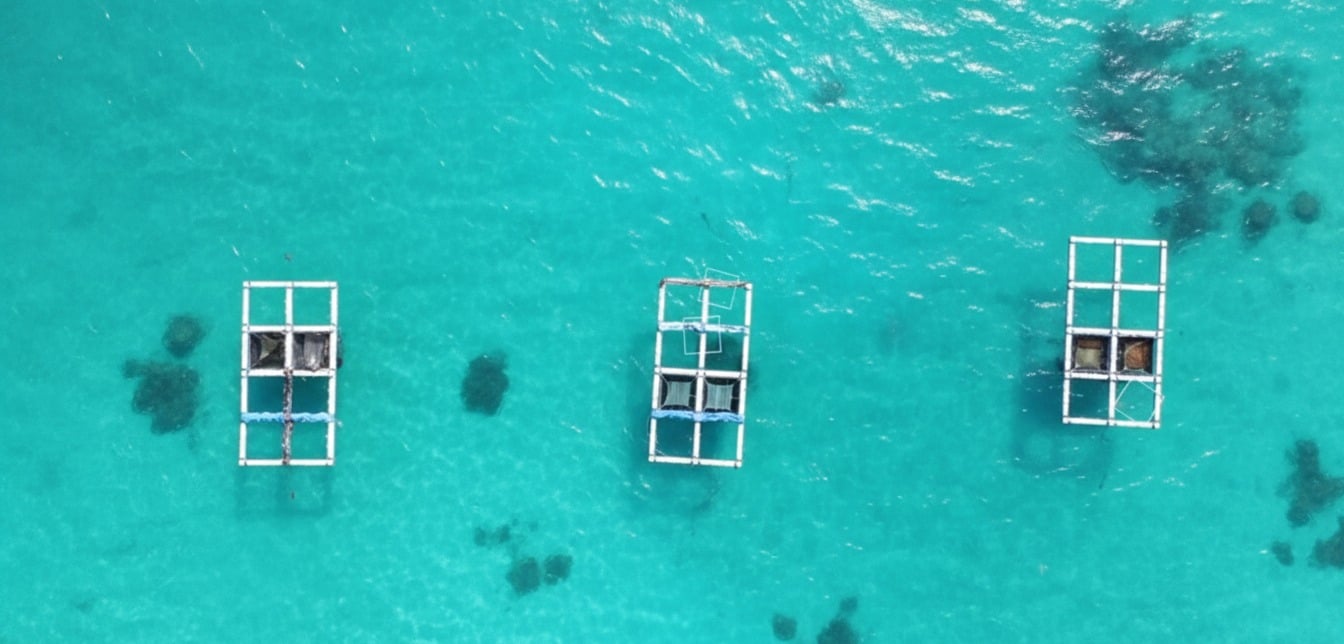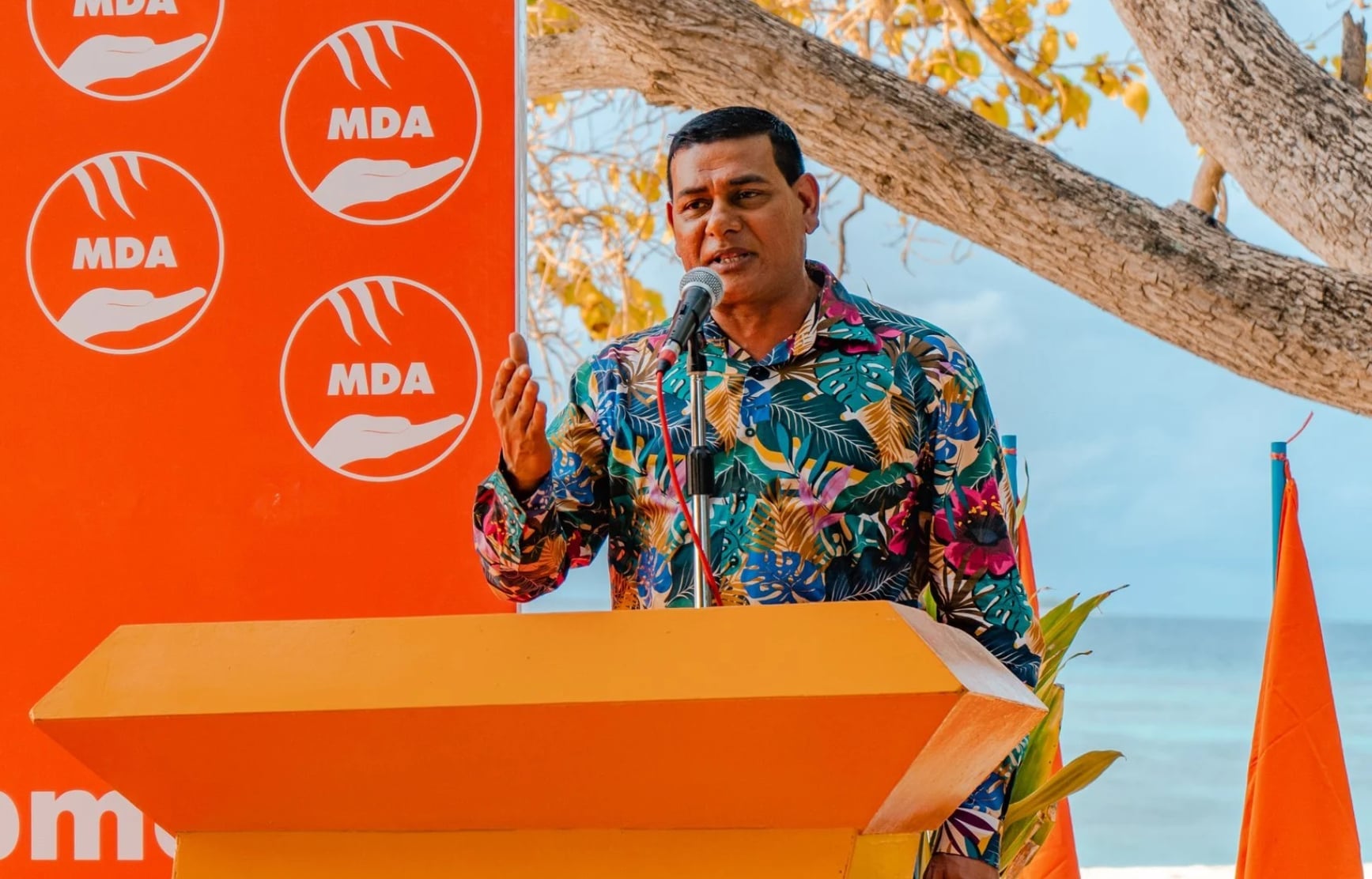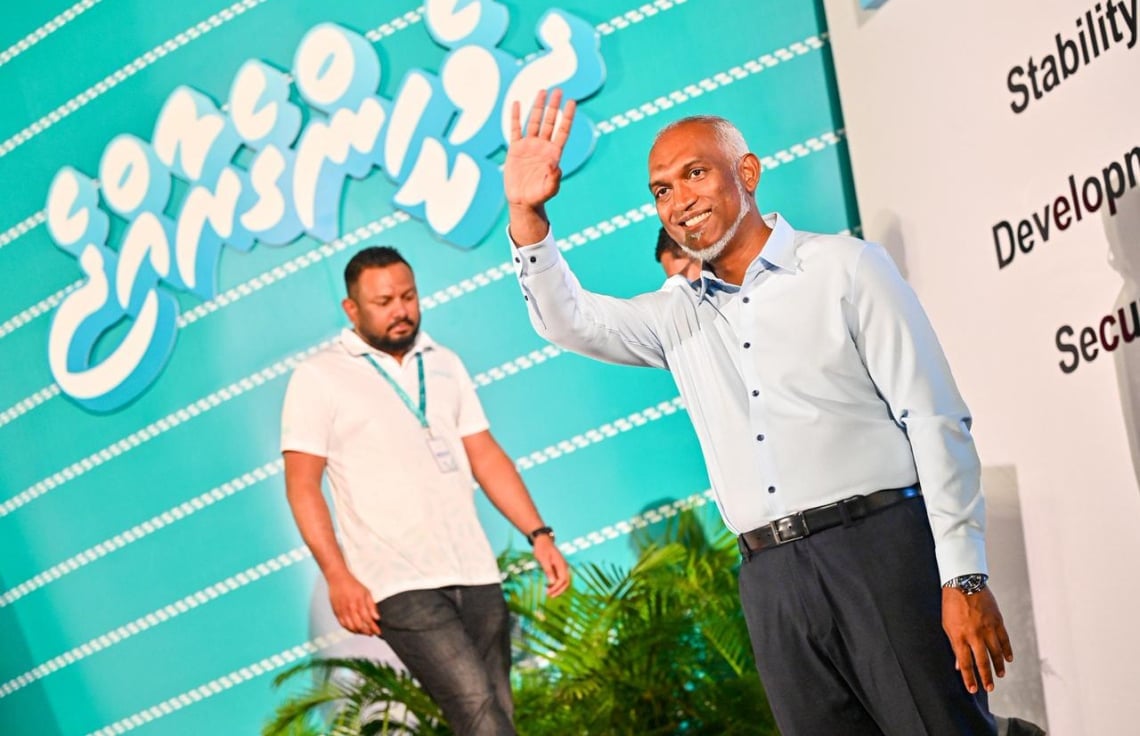On Friday, Pakistan's former Prime Minister Imran Khan toned down his resistance campaign, saying he would accept a police search of his home to investigate charges that he was concealing people wanted in recent violence amid anti-government protests by his followers.
Khan, who is facing about 100 legal proceedings, recently came before a court in his hometown of Lahore to seek protection from arrest in various terrorism accusations filed by authorities against the country's senior opposition leader.
He also criticized days of rioting in which his followers assaulted public property and military institutions following his detention in a bribery case last week in the capital, Islamabad. At least ten people were killed in riots across the country between his supporters and authorities.
Only until Pakistan's Supreme Court ordered Khan's release did the riots stop. Police were looking for Khan on suspicion of instigating violence among followers of his Pakistan Tehreek-e-Insaf party. He disputes the charge, claiming that he was in the National Accountability Bureau's custody in a graft investigation when the violence occurred.
Khan appeared conciliatory as he appeared before an anti-terrorism court in Lahore, the provincial capital of Punjab. The judge granted him protection from arrest in three terrorisms cases until early in June.
“Yes, I condemn it,” Khan told reporters at the Lahore court, speaking of the rampage. “There is no Pakistani who will not condemn the violence.”
Following Khan's release from custody and return to Lahore last week, police surrounded his home, alleging that he was sheltering 30 to 40 people connected to the unrest at his luxury property of Zaman Park.
Police have threatened to search Khan's compound unless the suspects are handed up. The standoff was ended when the police agreed to search the house later that day.
Khan, who is facing about 100 legal proceedings, recently came before a court in his hometown of Lahore to seek protection from arrest in various terrorism accusations filed by authorities against the country's senior opposition leader.
He also criticized days of rioting in which his followers assaulted public property and military institutions following his detention in a bribery case last week in the capital, Islamabad. At least ten people were killed in riots across the country between his supporters and authorities.
Only until Pakistan's Supreme Court ordered Khan's release did the riots stop. Police were looking for Khan on suspicion of instigating violence among followers of his Pakistan Tehreek-e-Insaf party. He disputes the charge, claiming that he was in the National Accountability Bureau's custody in a graft investigation when the violence occurred.
Khan appeared conciliatory as he appeared before an anti-terrorism court in Lahore, the provincial capital of Punjab. The judge granted him protection from arrest in three terrorisms cases until early in June.
“Yes, I condemn it,” Khan told reporters at the Lahore court, speaking of the rampage. “There is no Pakistani who will not condemn the violence.”
Following Khan's release from custody and return to Lahore last week, police surrounded his home, alleging that he was sheltering 30 to 40 people connected to the unrest at his luxury property of Zaman Park.
Police have threatened to search Khan's compound unless the suspects are handed up. The standoff was ended when the police agreed to search the house later that day.





